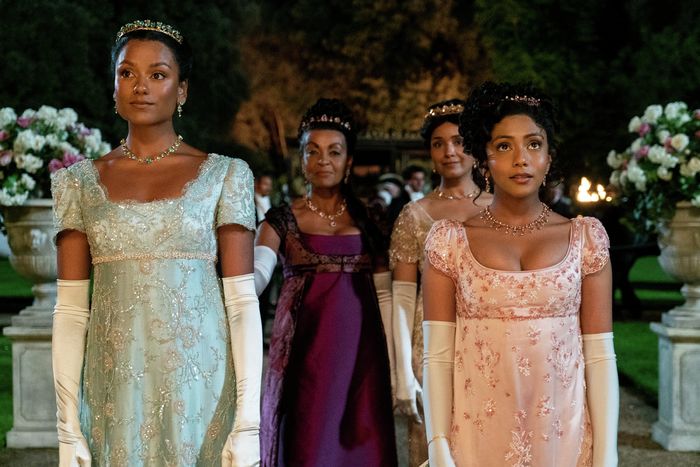Branagh’s ‘Belfast’: a monochromatic depiction of a colourful family
Kenneth’s Branagh’s ‘Belfast’ is an intimate and timely depiction of ‘The Troubles’ explored through a grayscale lens, details Daniel Fry
In Belfast Kenneth Branagh has given us a deeply intimate piece of film centred on one family’s survival in the midst of a hostile society. The narrative is presented through the eyes of young Buddy (Jude Hill) giving a child’s perspective on how ‘The Troubles’ unfolded. While this may dilute the film’s effectiveness as a political commentary it offers the audience an equally valuable insight into personal experiences of the Northern Irish conflict. Instead of focusing on the turmoil of high politics, the lives, emotions, and choices of the everyday people are explored in terrifying and heart-breaking depth.
This story of an ordinary Northern Irish family excels in its depiction of the type of violence that plagued Belfast in the 1960s. Branagh’s incessant use of the close-up draws us helplessly into the affectionate tenderness of Buddy’s family. The familiarity espoused through the camera work allows us to share in each meaningful interaction and attach ourselves to the loving relationships between child, parents, and grandparents.
“The monochromatic cinematography that pervades the feature symbolises the struggle between nostalgia and reality”
Yet, when these same techniques are adopted to portray the antagonists of the street, the effect is nauseating. The closeness exhibited between family is now seen with the local thugs, emphasising the intimacy of the sectarian civil unrest. The frightening nature of the conflict reveals itself as the line between neighbours and enemies is blurred leaving nowhere safe from intimidation and bloodshed. This is accompanied by skilful pacing which conveys the erratic nature of the national struggle.
The film opens with a long meandering shot of Buddy’s street illustrating the peaceful bustle of everyday life. Suddenly, this is interrupted by fast-paced editing as the rioters disturb the scene. The jarring cuts between the smashing of windows and torching of cars accentuate the shocking volatility of this society. The uncertainty formed around who can be trusted and when the riots will start shares a truly personal experience of the violence with the audience.
The monochromatic cinematography that pervades the feature symbolises the struggle between nostalgia and reality. The black and white tones evoke the director’s sentimentality for his childhood home, a feeling which is easily related to by the audience. Yet, simultaneously this filter manages to convey the bleak and melancholy atmosphere that has descended upon Belfast through the political instability.
Buddy’s time spent in the cinema stresses this reality as the classic movies projected, such as Chitty Chitty Bang Bang, are shown in glorious colour. The family finds moments of solace and pleasure in the cinema as they are transported out of their grey world of despair into vivid, jubilant stories. The contrasts between monochromatic and colourful lenses depict the difficult choice between staying in the divided city or leaving for a more hopeful future. The cinematography leads us to sympathise with the everyday victims of the sectarian violence whose homes are left gravely insecure.
“Current rising tensions over Brexit and the Irish Sea Border are not altogether dissimilar from the cross-community hostilities displayed in this feature”
The emotional weight behind the decision to stay or go is encapsulated by Caitriona Balfe’s stirring performance as Ma. Her character powerfully conveys the heart-wrenching condition of being in a toxic relationship with one’s own home. Ma’s love of the city gradually deteriorates as she watches her sons get caught up in the rioting leaving her in a state of despair as she realises there is no future for her family in Belfast. Her final tears reveal that departure from her home is not one of excitement for a new life but instead the apathy of a woman broken by the violence destroying her home.
This is an emotive circumstance that those living in warzones can relate to; Ma’s love for her city, no matter how strong, cannot stop the conflict and keep her family safe. The concluding lines delivered by Granny (Judi Dench), “Go now. Don’t look back”, followed by a disheartening shot of her head pressed against the frosted glass of her front door are simply devastating. As Granny mourns the emigration of her family, a greater lament is insinuated for all those years lost between families who have had to separate due to conflict.
Belfast is not the polemical work that many may have expected, but instead its brilliance emanates from its moving depiction of the dangers and decisions that ordinary families had to face as their home country deteriorated around them. The questions it poses for modern day Northern Ireland cannot be ignored as current rising tensions over Brexit and the Irish Sea Border are not altogether dissimilar from the cross-community hostilities displayed in this feature. Despite this, Branagh’s conclusion abandons the monochromatic style with fresh wide shots of the urban landscape. One can only believe that this return to colour denotes a subtle sense of hope. A hope that the beautiful and bruised city of Belfast can aspire to a peaceful future.
 News / Cambridge academics sign open letter criticising research funding changes22 February 2026
News / Cambridge academics sign open letter criticising research funding changes22 February 2026 News / Supporters protest potential vet school closure22 February 2026
News / Supporters protest potential vet school closure22 February 2026 News / University Council rescinds University Centre membership20 February 2026
News / University Council rescinds University Centre membership20 February 2026 News / Hundreds of Cambridge academics demand vote on fate of vet course20 February 2026
News / Hundreds of Cambridge academics demand vote on fate of vet course20 February 2026 Comment / A tongue-in-cheek petition for gowned exams at Cambridge 21 February 2026
Comment / A tongue-in-cheek petition for gowned exams at Cambridge 21 February 2026









